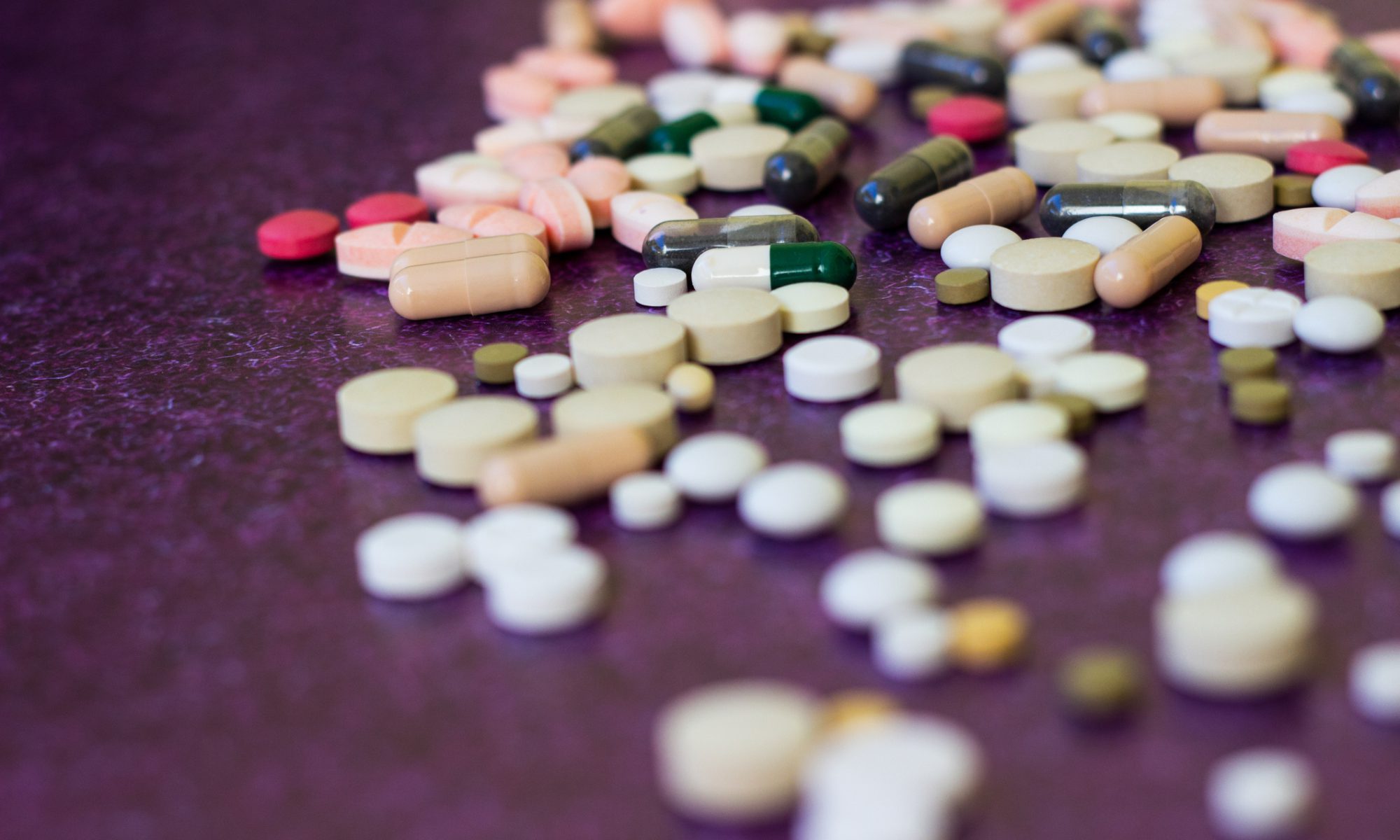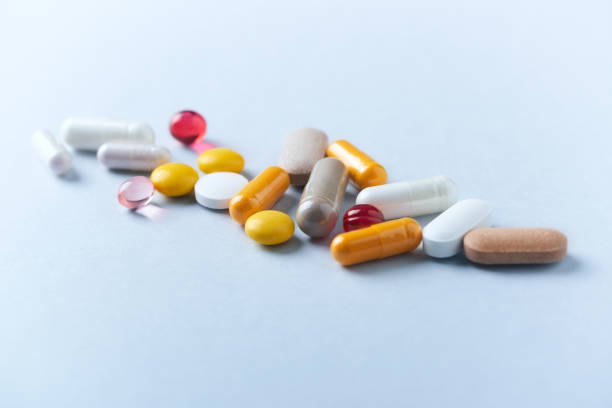PITTSBURGH — Giving living donor liver transplant recipients an infusion of immune cells derived from their donor a week before transplantation is feasible, safe — and may lead to recipients being successfully weaned off immunosuppressant medications without rejecting the transplanted organ.
The early-stage clinical trial results by University of Pittsburgh School of Medicine scientists, reported today in Science Translational Medicine, point to a path that may spare organ transplant recipients from the serious side effects of long-term immunosuppressant use, which can include cancer, diabetes, kidney failure and susceptibility to infections. Read more from UPMC.


